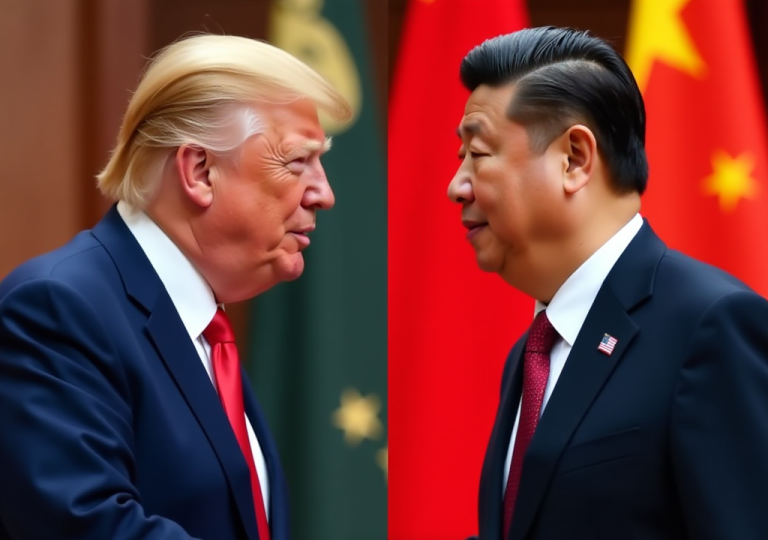The world’s diplomatic chessboard is about to be dramatically reset, as North Korean leader Kim Jong Un prepares for a rare and highly symbolic overseas trip.
He is heading to Beijing to stand alongside Russian President Vladimir Putin at a major military parade, a carefully orchestrated gathering that will place three of America’s most prominent adversaries on the world stage together in a potent show of force.
The visit, confirmed by both North Korea’s official Korean Central News Agency and China’s state-run Xinhua News Agency, will see Kim attend the September 3 parade marking the 80th anniversary of the end of World War Two.
This is not merely a ceremonial visit; it is a powerful political statement, with Chinese President Xi Jinping placing himself at the center of a new and defiant alignment of global power.
A delicate dance of diplomacy and dependence
For years, Beijing has served as North Korea’s primary backer, a vital lifeline that has kept its isolated economy afloat. But the relationship is complex.
The last time Kim and Xi met in person was in 2019, when the Chinese leader visited Pyongyang and called for denuclearization.
Now, Kim’s return to China—his first since January 2019—comes at a time when his allegiances have visibly shifted.
In recent years, North Korea has drawn dramatically closer to Russia, with US and South Korean officials accusing Pyongyang of supplying weapons and even troops to support Moscow’s war in Ukraine.
Kim’s appearance in Beijing will be his first overseas trip since his 2023 summit with Putin, and the sight of him standing shoulder-to-shoulder with the Russian leader on Xi’s stage is a clear signal of a new, coordinated challenge to the US-led international order.
The Chinese dilemma: a balancing act on a global stage
For Xi Jinping, however, this powerful spectacle poses a significant dilemma. Kim’s presence, particularly in the company of Putin, directly complicates Beijing’s carefully crafted image of neutrality on the war in Ukraine.
With a struggling economy still heavily reliant on exports, Xi has a vested interest in keeping his relationships with the West stable. This summit threatens to shatter that delicate balance.
“China and the DPRK are friendly neighbors, connected by mountains,” Assistant Foreign Minister Hong Lei said at a briefing, using North Korea’s official name.
“China stands ready to work with the DPRK to continue to strengthen exchanges and cooperation.” Yet, this show of socialist solidarity with two international pariahs is a high-risk gambit.
The timing of the announcement is also impossible to ignore. It comes just days after US President Donald Trump, who met Kim three times during his first term, mused that he would like to meet the North Korean leader again this year, touting their “very good relationship.”
Kim’s decision to appear in Beijing first is a clear message to Washington, a calculated move in a global game of influence where the lines between friend and foe are being redrawn in real-time.
The post Why Xi’s summit with Kim and Putin sends a direct warning shot to the West appeared first on Invezz

